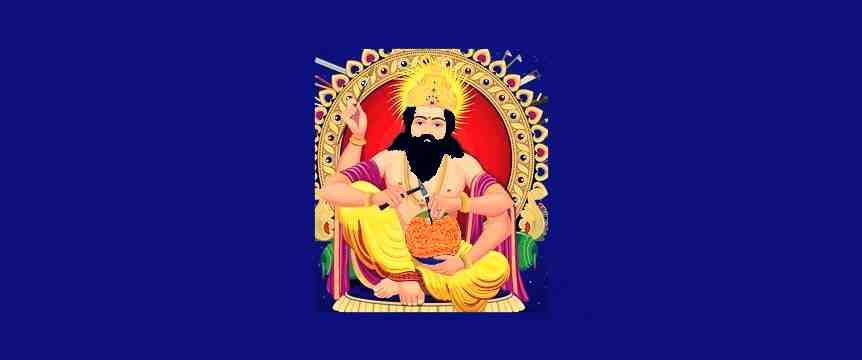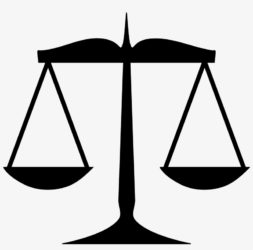We’ll be honest, over the years on Translogic we’ve featured a lot of potentially scary tech. Like in many facets of life though, often the things that seem the most frightening actually turn out to be some of the most incredible. In this episode, we’ve hit new heights of both fear and amazement as our host Bucko actually gets to drive a fully functional, bipedal, outrageously badass mech suit. Stop reading. Just watch.
The Philosophy of GHOST IN THE SHELL – Wisecrack Edition
SYNTHESIS
Beyond bionics: how the future of prosthetics is redefining humanity
Transhumanism: Could we live forever?
Imagine if we can have more then 2 hands?
Imagine we can make a human head that attaches or more the 1 head that we can attach maybe like a hat?

Is Hindusim a secret code created to convey the message of Transhumanists ? or a coincidence? Does it bother scientists if it is or is not?
Is it a taboo to think of a religious belief to materialize as a branch of science?
What are the effects of human enhancements? H+
Is AI + HUMAN bad or good?
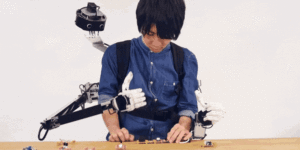
Can we live forever if we copy the algorithms of an individual brain or create an algorithm that can mimic an individual?
What if we can create a snapshot or a recording of one’s whole life and upload them onto a computer will it be the individual itself or would it be something else?
Do we truly have freedom of expression? With or without Transhumanism
Transhumanism and the future of capitalism: The next meaning of life
Steve Fuller discusses what it would mean to be a person in a world of radical human transformation via technology.
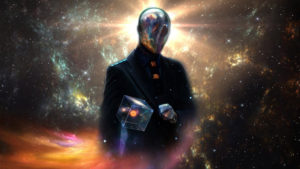
Although there is no single definition of ‘transhumanism’, the term broadly relates to the idea that the human species should radically transform itself as it has the physical environment through the use of advanced technology. Steve Fuller writes on the link between transhumanism and capitalism and elaborates on what it would mean to be a person in such a world.
Capitalism is not normally seen as an especially ‘humanistic’ ideology. Yet central to the legal innovations that enabled the rise of capitalism in the early modern West was a doctrine of the person as a being who is free to exchange goods and services. In the eighteenth century, this freedom was characterized as an ‘inalienable right’, which is to say, not transferable to another either by choice or under duress.
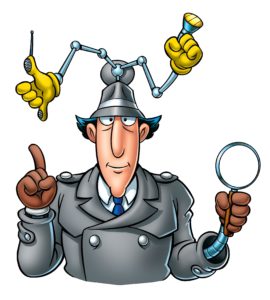
Thus, a strong normative distinction between people and property was institutionalized, which had not existed in slave or feudal societies. The sting of the Marxist critique of capitalism comes from observing that this distinction is not upheld in practice. Instead, a supposedly inalienable right of the person becomes a site for exploitation, as asymmetrical power relations in the marketplace reduces human labour to inhuman capital inputs.
Continue reading “Transhumanism and the future of capitalism: The next meaning of life”
